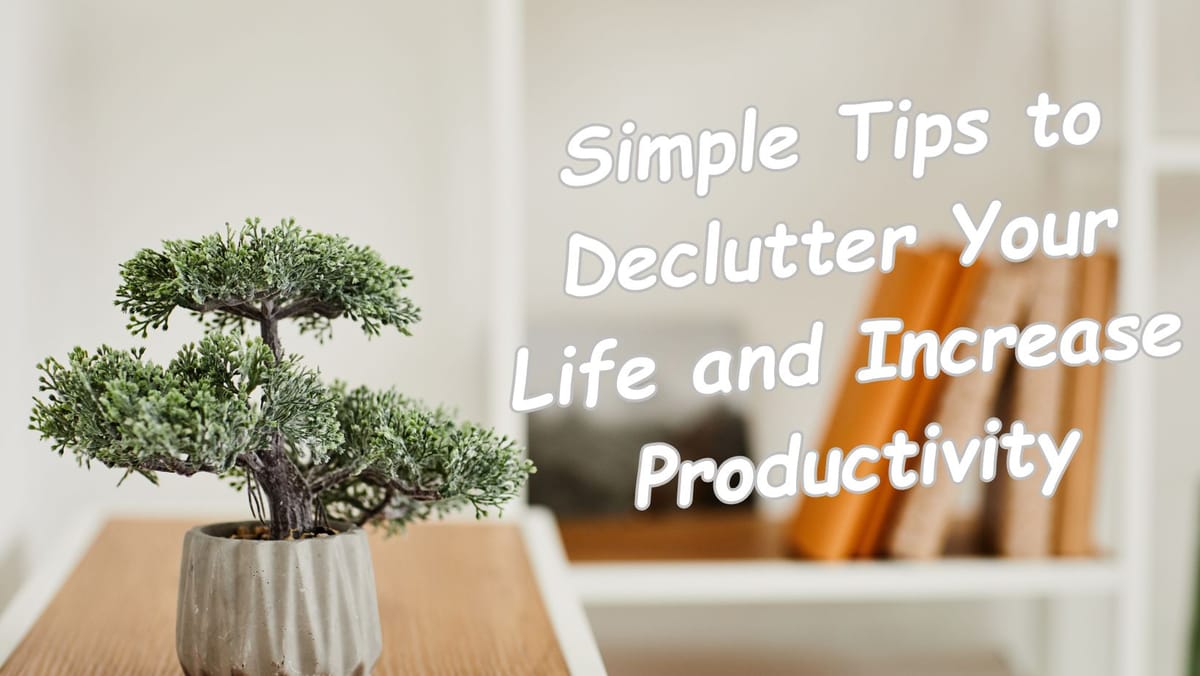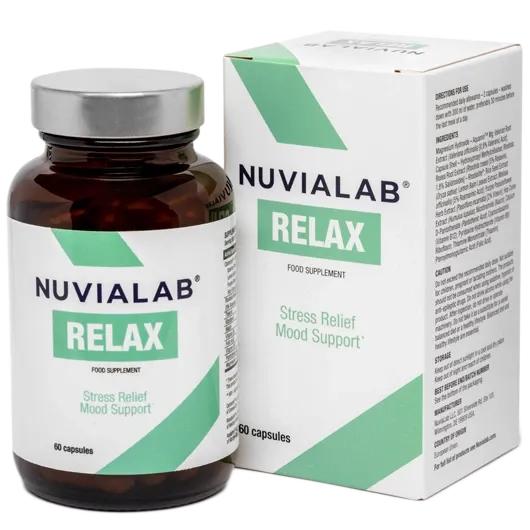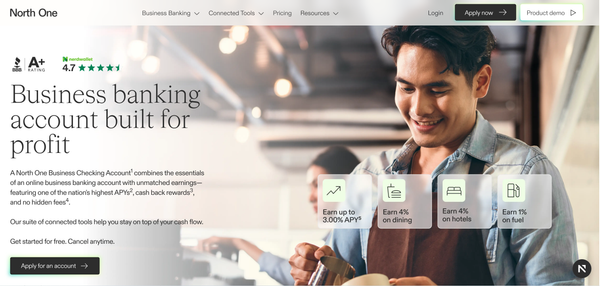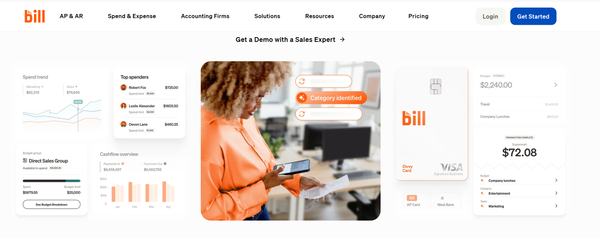Simple Tips to Declutter Your Life and Increase Productivity
Decluttering is more than just tidying up; it’s about clearing both physical and mental space to increase productivity and well-being. By organizing your environment, simplifying your schedule, and adopting minimalism, you can reduce stress and focus on what truly matters.

In today’s fast-paced world, many people feel overwhelmed by the constant stream of information, digital distractions, and material clutter. Decluttering—both physically and mentally can free up space, reduce stress, and boost productivity. Whether it’s managing your time better, organizing your workspace, or streamlining your digital life, decluttering allows you to focus on what truly matters.
This article offers practical tips to declutter your life and increase productivity, helping you achieve a balanced, intentional lifestyle. No matter where you are in the world or how your culture values work and possessions, these strategies are adaptable and actionable.
Why Decluttering Matters for Productivity
Decluttering isn’t just about tidying up it directly impacts your mental clarity and productivity. Studies show that an organized environment improves focus, reduces anxiety, and enhances problem-solving abilities. When your physical and mental spaces are free from clutter, you’re better able to prioritize tasks, make decisions quickly, and stay productive throughout the day.
Benefits of Decluttering:
- Improved Focus: Reduces distractions and mental fatigue.
- Better Time Management: Helps you find items and information faster.
- Lower Stress Levels: Creates a calm environment that promotes well-being.
- Increased Creativity: Allows more mental space for new ideas and innovation.

1. Start with a Decluttered Morning Routine
How you start your day sets the tone for the rest of it. Simplifying your morning routine reduces decision fatigue and saves time. Create a checklist of essential tasks and limit the number of choices you have to make in the morning.
Morning Decluttering Tips:
- Lay out your clothes the night before to eliminate wardrobe stress.
- Use a time-blocked morning schedule to stay on track.
- Practice digital minimalism by avoiding email or social media during the first hour of your day.
A streamlined morning routine not only boosts productivity but also gives you more energy to tackle bigger tasks during the day.
2. Declutter Your Workspace for Maximum Efficiency
A cluttered desk can create mental chaos, making it harder to focus and work efficiently. Organizing your workspace ensures you have the tools you need within reach while removing unnecessary items that add to visual noise.
Workspace Organization Strategies:
- Adopt the “one-touch” rule: Handle each document only once—either file it, act on it, or discard it.
- Go paperless with cloud storage solutions like Google Drive or Dropbox.
- Use desk organizers to keep your workspace neat and functional.
For remote workers, consider creating a dedicated workspace to separate personal and professional activities, minimizing distractions.
3. Streamline Your Digital Life
Digital clutter such as overflowing email inboxes, scattered files, and multiple apps can be just as overwhelming as physical clutter. Managing your digital environment ensures better focus and faster access to important information.
Tips for Digital Decluttering:
- Organize your email inbox: Use folders or labels to sort messages by category. Tools like Unroll. me help you unsubscribe from unwanted newsletters.
- Declutter your phone: Delete unused apps and organize the remaining ones into folders.
- Set screen time limits to prevent excessive social media use and improve focus.
- Back up important files regularly and delete duplicates or outdated documents.
Keeping your digital space clean ensures you aren’t overwhelmed by notifications or irrelevant files when you need to focus.
4. Prioritize Tasks with the 80/20 Rule
The 80/20 rule also known as the Pareto Principle states that 80% of your results come from 20% of your efforts. Applying this principle helps you identify which tasks are most impactful so you can focus on what matters.
How to Apply the 80/20 Rule:
- List all your tasks and identify the few that yield the highest results.
- Eliminate or delegate non-essential tasks that don’t contribute to your core goals.
- Use productivity tools like Trello or Notion to keep track of high-priority projects.
This approach reduces overwhelm by encouraging you to work smarter, not harder and ensures that your efforts lead to meaningful progress.

5. Adopt Minimalist Habits for Long-Term Productivity
Minimalism isn’t just about owning fewer things it’s about intentionally focusing on what adds value to your life. By embracing minimalist habits, you’ll create space for what’s truly important and maintain long-term productivity.
Minimalist Habits to Try:
- Set boundaries for commitments: Learn to say no to unnecessary obligations.
- Limit distractions by scheduling time for deep work and using focus techniques like the Pomodoro method.
- Declutter your social calendar: Prioritize quality over quantity when it comes to social engagements.
The goal of minimalism is not deprivation but intentionality investing your time, energy, and resources in things that align with your goals and values.
6. Use Smart Technology to Stay Organized
Leveraging technology effectively can simplify your life and enhance productivity. With the right tools, you can automate routine tasks, manage your time efficiently, and stay organized.
Recommended Productivity Tools:
- Todoist: A task management app that helps you organize your to-do lists.
- Google Calendar: Schedule tasks and set reminders to stay on top of deadlines.
- Forest App: Stay focused by planting virtual trees that grow while you work.
- Habitica: Turn your habits into a game to stay motivated and productive.
Incorporating smart tools into your routine helps you stay proactive and eliminates the need to juggle multiple responsibilities manually.
7. Plan for the Future with Regular Decluttering Sessions
Decluttering isn’t a one-time event it’s an ongoing process. Regular decluttering sessions prevent things from piling up and help you maintain a clear, organized environment.
Future-Focused Decluttering Strategies:
- Schedule seasonal decluttering sessions to refresh your physical and digital spaces.
- Conduct weekly reviews of your tasks and goals to stay aligned with your priorities.
- Evaluate your habits periodically and make adjustments to improve productivity.
Adopting a proactive approach to decluttering ensures that your life remains organized, even as circumstances change over time.

8. Declutter Your Mind: Manage Mental Clutter
Mental clutter such as worries, unfinished tasks, or excessive information can hinder productivity. Taking care of your mental well-being is just as important as organizing your physical environment.
Strategies to Manage Mental Clutter:
- Journaling: Write down thoughts and to-do lists to clear your mind.
- Meditation: Practice mindfulness to stay focused and reduce stress.
- Use a brain dump: At the end of each day, jot down everything on your mind to revisit later.
By managing mental clutter, you create space for new ideas and improve your ability to stay present and productive.
Future Trends in Productivity and Decluttering
The future of productivity will likely involve even greater use of AI-powered tools and automation technologies. Smart assistants like Google Assistant and Amazon Alexa are becoming more integrated into daily routines, helping users manage tasks effortlessly. Additionally, the concept of digital minimalism limiting technology use to essential purposes will continue to grow as people seek to maintain a healthy balance between work and personal life.
Conclusion: Simple Steps to a More Productive Life
Decluttering is about more than just getting rid of things it’s about making room for what truly matters. By simplifying your physical space, organizing your digital environment, adopting minimalist habits, and using smart tools, you’ll enhance your productivity and reduce stress. With consistent effort and a proactive mindset, you can create a life that is organized, intentional, and fulfilling.
Frequently Asked Questions (FAQs)
How often should I declutter my space?
It depends on your lifestyle, but scheduling seasonal decluttering sessions is a good practice to prevent buildup.
What’s the best way to declutter digital files?
Organize files into folders, delete duplicates, and use cloud storage to reduce digital clutter. Set aside time weekly or monthly for file management.
Can decluttering really improve mental health?
Yes, studies have shown that a clutter-free environment reduces stress and promotes mental clarity, leading to improved focus and well-being.
How do I stay motivated to declutter regularly?
Start with small areas, set achievable goals, and reward yourself after completing tasks. Using apps like Habitica can gamify the process and keep you engaged.
What tools can help with productivity and organization?
Tools like Todoist, Trello, and Google Calendar are excellent for task management and staying organized.




